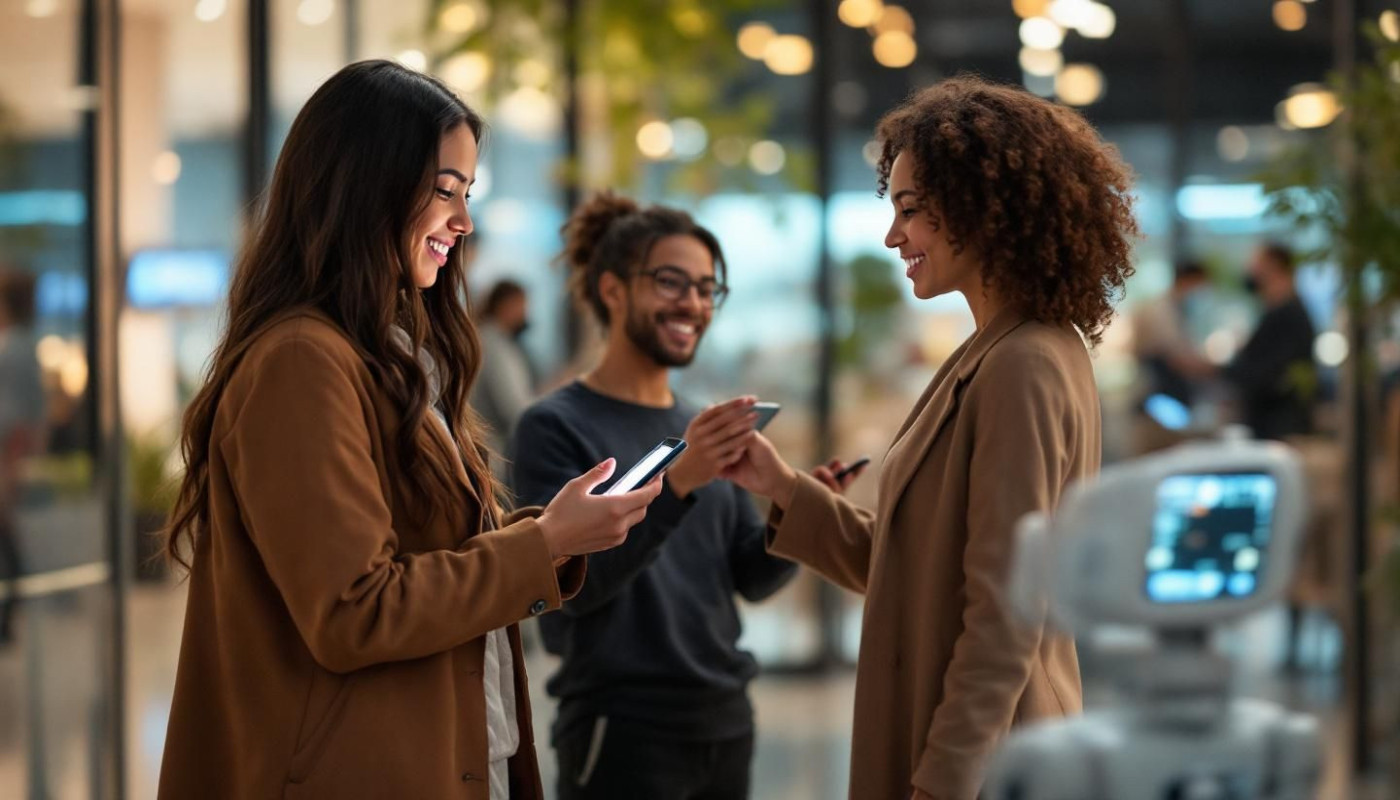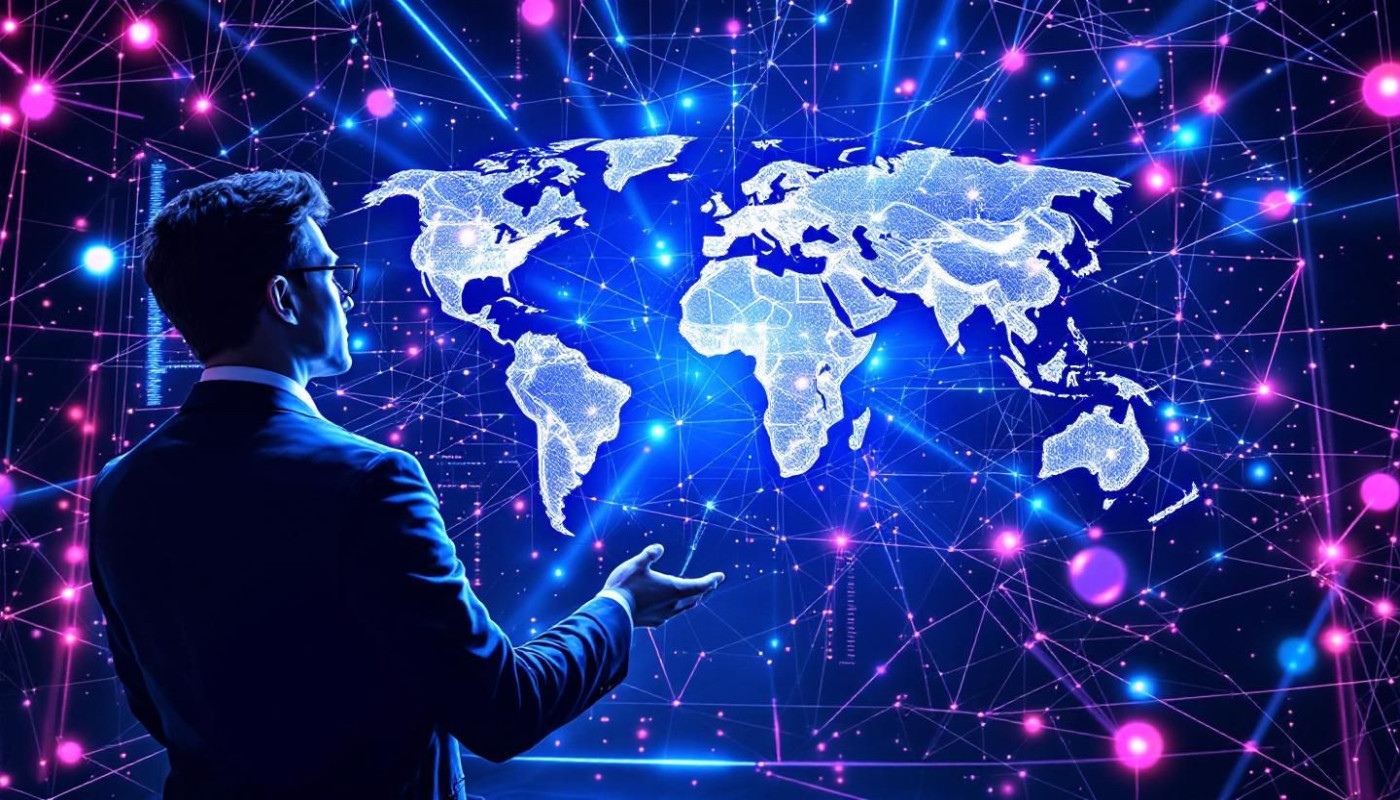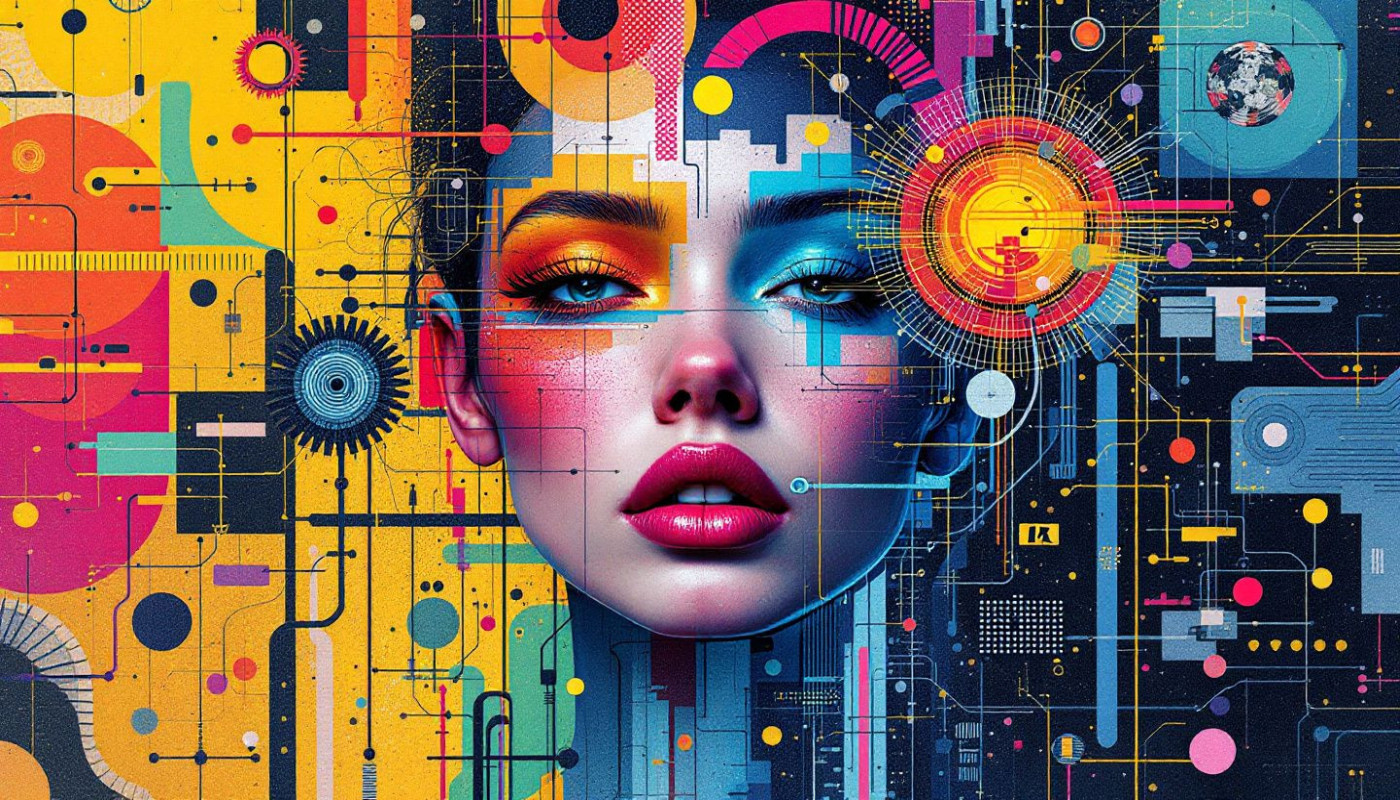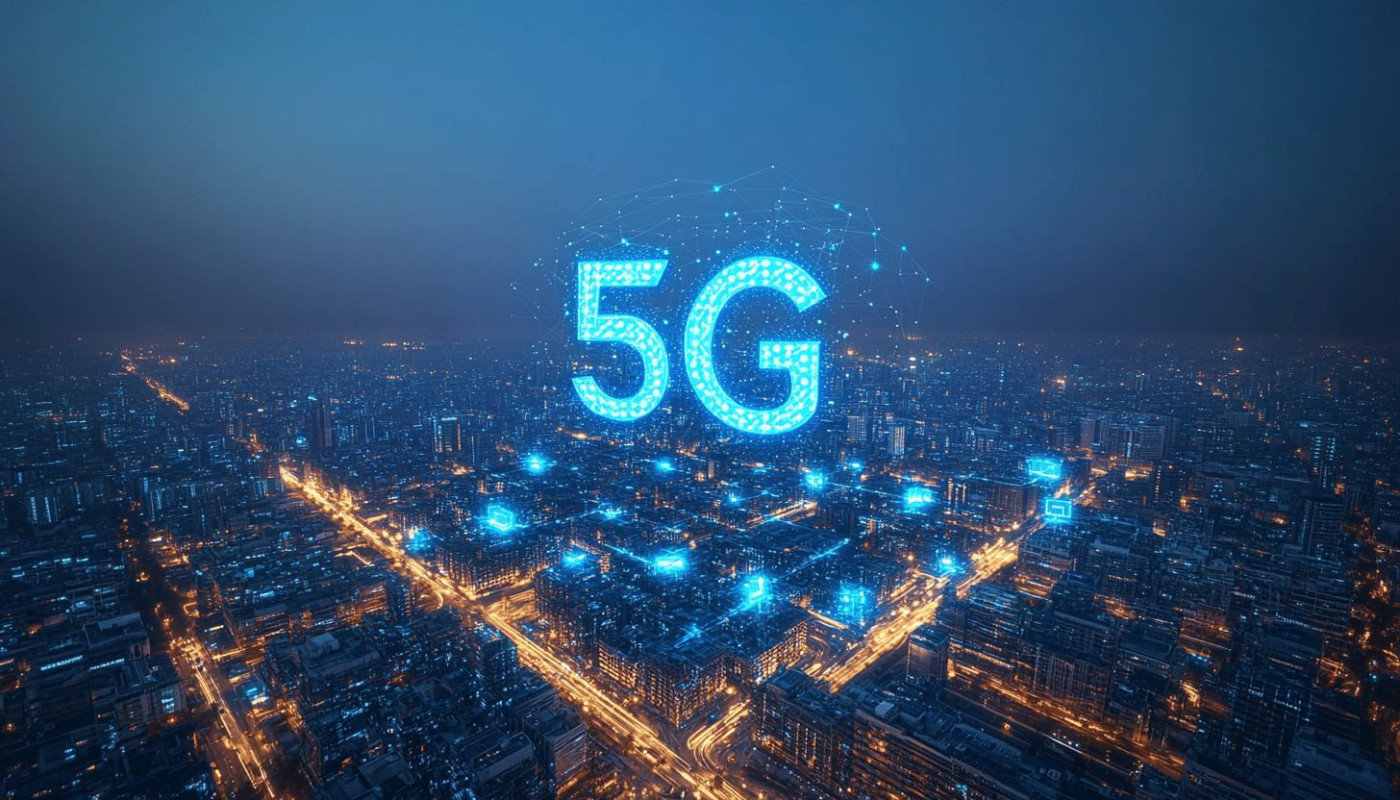Table of contents
The emergence of generative AI has sent ripples through the creative industries, heralding a new era where the boundaries between technology and human creativity are increasingly blurred. As artists, designers, writers, and musicians grapple with the implications of this groundbreaking technology, intriguing questions about originality, authenticity, and the very nature of creativity itself come to the fore. This exploration delves deep into the impact of generative AI on the creative landscape, inviting readers to uncover the transformations and challenges brought forth by this digital renaissance.
The Fusion of AI and Artistry
The integration of generative AI across various art forms marks a significant paradigm shift in the realm of creative expression. Visual arts, music, and literature have all begun to explore the potential of digital artistry, where human imagination is enhanced by the computational creativity of AI. Artists and programmers alike are crafting tools that allow for the creation of complex, compelling works that would have been inconceivable just a few years ago. This emerging human-AI partnership represents a fusion of talent and technology, leading to unprecedented forms of creative collaboration.
In the visual arts, generative AI is used to develop intricate patterns and designs, often culminating in artworks that challenge our perception of what machines are capable of. Musicians are experimenting with AI algorithms to compose new pieces, blending traditional instrumentation with computer-generated sounds. In literature, AI is assisting authors by suggesting narrative possibilities and even generating entire passages of text, suggesting a new frontier in storytelling. To gain deeper insight into this phenomenon, we sought the expertise of a seasoned digital artist, whose extensive experience in harnessing the power of technology within their work underscores the transformative impact of generative AI on the arts. Their perspective illuminates how these tools empower artists to push the boundaries of creativity and explore new artistic territories with an innovative spirit.
As the convergence of artistic endeavor and advanced technology continues to evolve, it opens a web of possibilities for creatives around the globe. The platform "nation.ai" serves as a testament to the dynamic and expanding universe of generative AI, providing a space where artists and technologists can intersect, inspire, and innovate in the digital age.
Revolutionizing Content Creation
The advent of generative AI has ushered in a new era in content creation, fundamentally altering the landscape and dynamics of creative industries. By harnessing the power of content automation, generative tools have provided a significant efficiency boost to the production process of various types of content, including written, visual, and audio materials. This technological innovation is not only a testament to the increased rate at which content can now be produced but also highlights the expanded creative possibilities made available to creators. As these tools evolve, they enable artists, writers, and other content creators to generate a higher volume of work, while still maintaining, and in some cases, improving, the quality of the output.
With productivity increase at the forefront, generative AI is redefining what it means to be prolific in the digital age. To further understand the intricacies of this transformation, we could look to the insights of an experienced content strategist who has been monitoring the development of AI in content generation. Such an expert would elucidate the nuanced ways in which generative AI not only streamlines workflows but also how it presents new opportunities and challenges within the realm of creativity. This expertise would shine a light on the delicate balance between human ingenuity and algorithmic efficiency that is currently being navigated by creative professionals across the globe.
The Economics of Creativity
The economic impact of generative AI on the creative industries is a multifaceted issue, with the potential for both job displacement and job creation. On one hand, the automation of certain tasks could lead to a reduced demand for traditional roles in areas like graphic design, writing, and even aspects of film production. On the other hand, AI can assist in creating new kinds of jobs that require oversight, development, and maintenance of AI systems, as well as hybrid roles that blend creative skills with technological proficiency. This evolution is driving the emergence of novel revenue models, particularly in how creative content is produced, distributed, and monetized. Artists who adapt to these changes can leverage AI to access new markets and revenue streams, reaching wider audiences and tapping into the data-driven customization of consumer preferences. To understand the full scope of these economic shifts, it would be insightful to consult a respected economist with expertise in the creative economy, who can assess the long-term implications of AI's integration into these industries and the potential for sustainable growth and innovation.
Ethical Considerations and Authorship
The integration of generative AI into creative industries raises a host of ethical implications that merit thorough examination. Among these, copyright issues loom large as AI-generated works challenge traditional concepts of ownership. The heart of the discussion revolves around the originality concerns inherent in the use of algorithms to produce content that may parallel human creativity. Ownership debates are intensified by the ambiguity surrounding whether creations by AI should be attributed to the algorithm, its developer, or perhaps the user who initiated the process. As we navigate this uncharted territory, the definition of authorship is being reshaped, potentially altering the landscape of intellectual property rights.
Engaging a legal expert with a deep understanding of intellectual property law as it applies to creative fields offers an insightful perspective into these complex issues. Such expertise can shed light on the nuances of how existing laws might interpret AI contributions to art, literature, and other creative works. The expertise of those well-versed in the subtleties of copyright law is invaluable as we consider the far-reaching implications that generative AI may have on the recognition and reward of creative endeavors in an increasingly digital and automated world.
Shaping the Future of Creativity
The long-term effects of generative AI on the future of creativity are poised to be transformative, potentially giving rise to unprecedented forms of art and expression. As the expressive potential of this technology continues to flourish, the creative landscape is expected to witness the emergence of novel art forms, blending traditional techniques with computational innovation. In this evolving scenario, the evolution of human artists is anticipated to be profound. Rather than being replaced, artists may find themselves collaborating with AI to push the boundaries of imagination and creativity. As their roles evolve, artists could become curators and interpreters of AI-generated content, harnessing the technology to augment their own artistic vision. To gain a deeper insight into this artistic evolution, it would be insightful to invite a forward-thinking cultural theorist or futurist with expertise in technology and the arts. Such an individual could provide valuable perspectives on how generative AI might sculpt the creative domain, influencing not only the way art is produced but also how it is perceived and valued by society at large.
Similar articles






